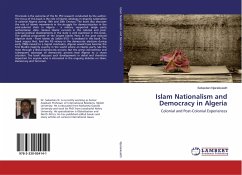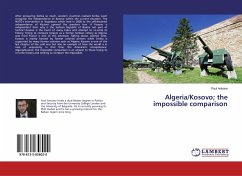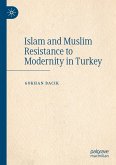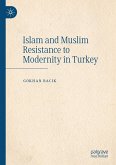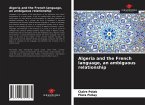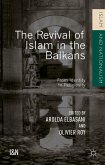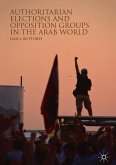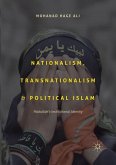This book is the outcome of the M. Phil research conducted by the author. The focus of this book is the role of Islamic ideology in shaping nationalism in colonial Algeria during 19th and 20th Century. The book also discusses the role of Islamic movements in the struggle for democratization in the post-colonial state in Algeria - a military supported single party authoritarian state. Various Islamic currents in the colonial and post-colonial political developments in the state is well examined in this book. The political programme of the largest Islamic Party in the post colonial Algerian state - Front Islamic du Salute (FIS) - is analysed in this book. The book argues that, had the FIS victory in the democratic elections during early 1990s moved to a logical conclusion, Algeria would have become the first Muslim majority country in the world where an Islamic party rule the state through a liberal democratic process. But the army's intervention and subsequent sabotage of democratic process lead Algeria to a chaos situation. The book discusses such developments in detail and therefore important for anyone who is interested in the ongoing debates on Islam, Democracy and Terrorism.
Bitte wählen Sie Ihr Anliegen aus.
Rechnungen
Retourenschein anfordern
Bestellstatus
Storno

